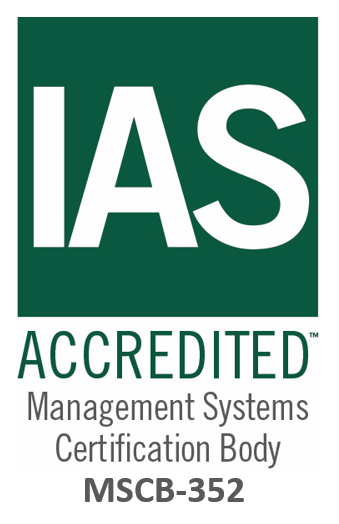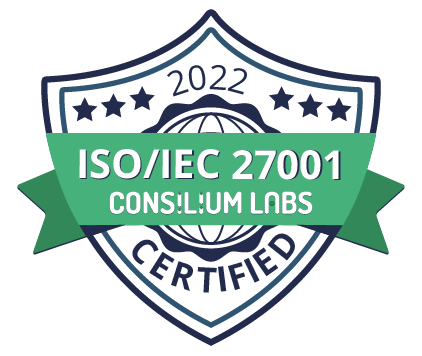Many GCs are being asked pointed questions about what options their companies have under their contracts. Here are some tips if you are gearing up for a contract review project:
1. Don't review every contract
This is an excellent time to calm your inner-completionist and focus on the contracts that matter. Which matter? Ask your finance department to rank contracts by spend or operations to tell you which relationships they can (or can't) live without. There comes a cut-off point on every ranked list when it just doesn't matter.
2. What do you need to make a decision?
At the heart of the excellent book How to Measure Anything (do read it) is the principle that you only measure things as necessary to make good-enough decisions. At the start of your project, figure out what your objectives are and what initial decisions you are going to be making. What do you need to make those decisions? And if you are going to be amending or terminating your contracts, what details do you need to create the next document? That's your list of points to be reviewed. No more, no less.
3. Measure twice, cut once
OK, you think you know what to check in the contract and you think the reviewers are on the same page, but are you really sure? Get them to review five contracts and capture the answers as structured options. Now go through the output and confirm that this is really giving you what you need. Once you are happy, then open up the throttle on the rest of the reviews.
4. Tracking progress
Your core metric is going to be how fast the reviewers are working through the list. The best way of showing this is a burn-down chart (or burn-up chart if you keep adding to the list of reviews), which shows the percentage completed. The trick is to minimise the area under the line - the area represents how long you are being prevented from making decisions.

5. Don't wait for all the contracts
If you are like most of the companies we have met, you may not have every contract (and amendment) in one place ready to go for the review. Kick yourself later (and see below). In the meantime, don't wait until you have found the final missing document before you start the review process. If you get going, you can start making decisions earlier.

6. Play nice
If you need to enter into a bunch of agreements or amendments off the back of your review, you don't want your project to bog down unnecessarily over silly points. Figure out the minimum you need and make it look reasonable. Explain what is happening with a helpful opening email that sets out what you are trying to achieve and be persuasive. We have seen too many projects get stuck after the companies that are just going to roll-over do so, but the rest start ignoring messages. See our piece On Being Reasonable for real-world data on the impact this can have (and how one clause made a project run four times longer).
7. Now you've got your contracts in one place...
If you haven't already, once you've pulled the contracts together, it would be an excellent time to store them in a contract management system (or at least somewhere central). Have a look at our In-house Guide to LawTech for more on this topic.
You can download a copy of these tips below and read a bit more about how we approach large-scale contract reviews here. If you're dealing with a review project and under time and/or resource constraints we'd be very happy to discuss ways to make the process easier and complete iit quickly and efficiently. Send us an email or call +44 203 865 1200 to set up a short conversation.





















.png)
.jpg)




.jpg)









.png)
.png)




.png)





























.jpg)


